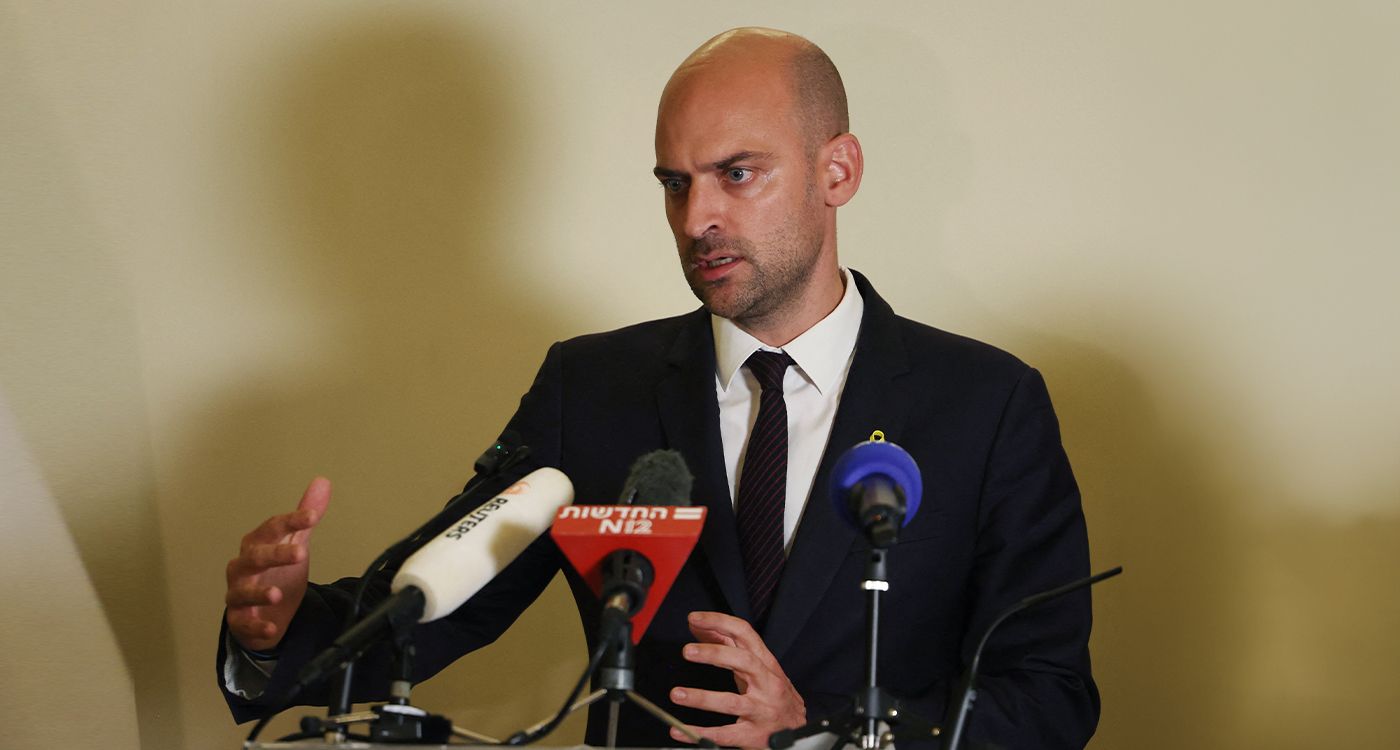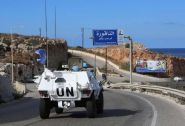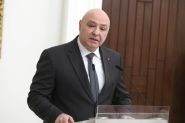
Together with the not-yet-announced military blockade, Lebanon was subjected to a political blockade that was broken by French Foreign Minister Jean-Noel Barrot's visit to Beirut.
On September 29, his plane landed at Beirut International Airport, ahead of his trip to Israel on October 6. This mission aimed to halt the exchange of fire between Hezbollah and Israel while also mitigating Israeli retaliation for Iran’s recent missile attack that targeted the Hebrew state.
On September 30, Iran launched approximately 200 rockets at central and southern Israeli territories in response to the killing of militant leaders allied with Tehran, notably Hezbollah’s late Secretary-General, Hasan Nasrallah.
A French diplomatic source, who requested anonymity, confirmed that “the Foreign Minister’s visits are interconnected in both place and timing to reflect French interest in preventing further escalation.”
In an interview with This is Beirut, he pointed out that “further escalation will have catastrophic consequences for the stability of Lebanon, Israel, and the entire region.”
“This is why France is concerned about the security of the people of Lebanon and Israel,” he continued.
“Barrot’s visit also aims to reaffirm France's commitment to Lebanon and its focus on stability,” the same source concluded.
Additionally, the tour was intended to underscore the necessity for Lebanon to seize this opportunity to halt the escalation while aligning with French efforts to implement the Franco-American ceasefire agreement.
Barrot was the first senior foreign diplomat to visit Lebanon since the intensification of Israeli raids targeting the pro-Iranian Hezbollah, reflecting France's commitment to de-escalation in the region.
He received confirmation from Lebanese officials of their commitment to Resolution 1701 after meeting with Caretaker Prime Minister Najib Mikati and Lebanese Army Commander General Joseph Aoun.
In Bkerke, Barrot met with Maronite Patriarch Beshara al-Rai. He emphasized the importance of electing a new Lebanese president as a priority, while stressing the need to stop the war.
According to sources in the Patriarchal edifice, “Barrot’s visit was one of solidarity and an effort to advance key issues.”
However, the atmosphere was different in Jerusalem. Israeli Channel 12 reported that Barrot had a “tense conversation” with his Israeli counterpart Yisrael Katz, during which he urged him not to strike Iran’s nuclear sites.
According to the same source, Katz asked his French counterpart to “stop demanding a ceasefire that would allow Hezbollah to reorganize,” pointing out that “the Iranian attack was brutal and must be met with an appropriate response to deter Tehran.”
Barrot affirmed that “force alone will not lead to Israel’s security,” revealing that Paris will continue its efforts to achieve a ceasefire between Lebanon and Israel.
The French Foreign Minister later visited Saudi Arabia, where he held talks with his Saudi counterpart, Faisal bin Farhan bin Abdullah, regarding the efforts being exerted in Lebanon and the current situation. This neutral visit, however, failed to yield any tangible results while reaffirming France's commitment to Lebanese stability and stopping the exchange of fire.
Thus, the French mediator, who conveyed a message of peace, encountered mixed reactions in Lebanon and Israel. Lebanon, currently enduring a devastating conflict with daily bombings occurring nearly 3 km from the capital, Beirut, is eager for a ceasefire to prevent further destruction. Meanwhile, Israel is reluctant to halt fire, fearing it would allow Hezbollah to reorganize after suffering significant losses.
In light of the current situation, it appears that the Lebanese are caught in a state of uncertainty, which may lead to new initiatives or result in a new UN resolution aimed at updating Resolution 1701 to better reflect the current distribution of power.



Comments